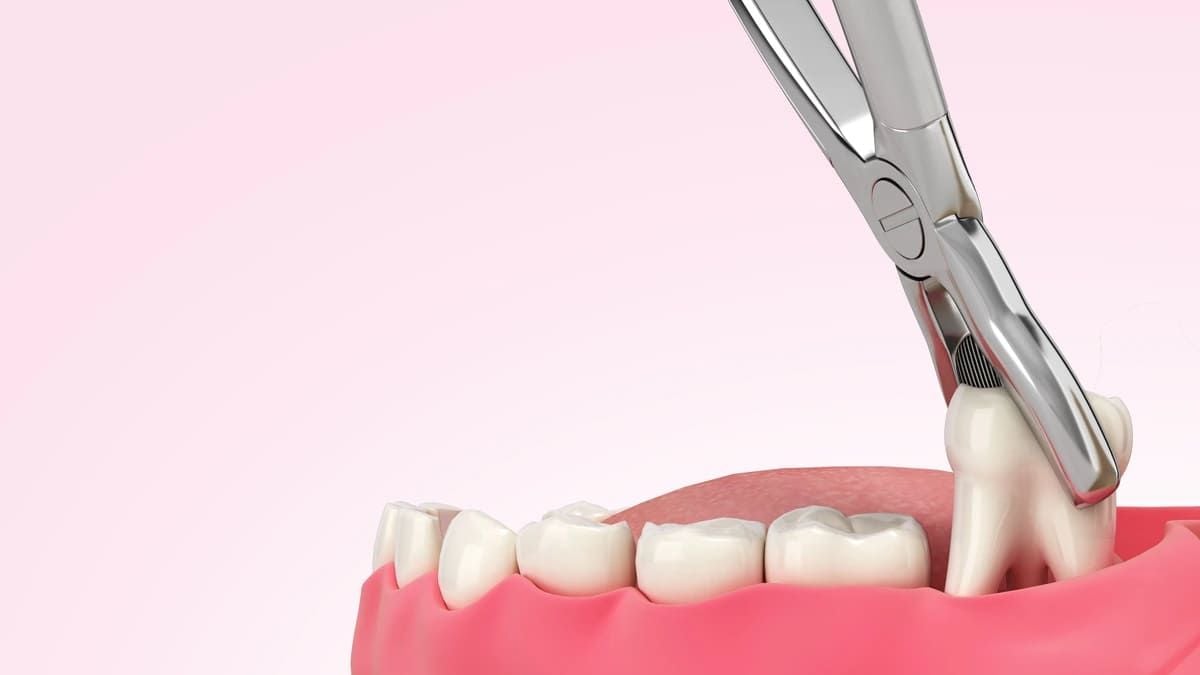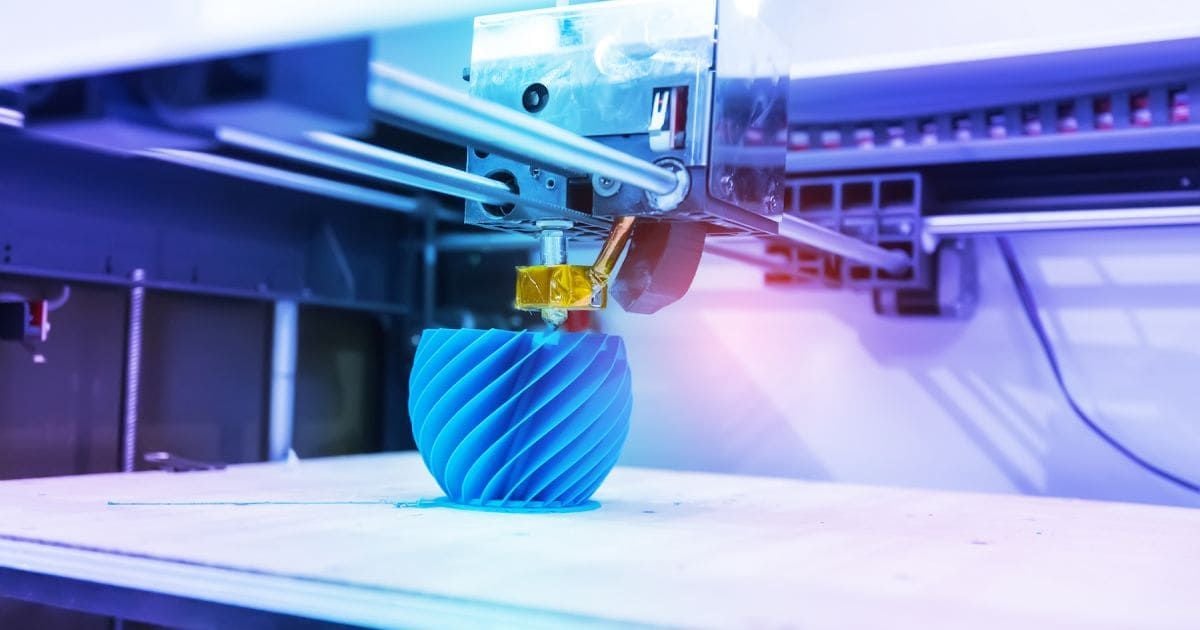The Imperative of Wisdom Teeth Extraction: A Journey Towards Oral Health

Formation and Function:
To understand the need for wisdom teeth extraction, it is essential to comprehend their formation and intended function. Evolutionarily, wisdom teeth served a purpose for our ancestors who consumed a coarse diet, primarily composed of tough, unprocessed foods. However, with modern dietary changes and advancements in dental hygiene, the need for these extra molars has diminished.
Challenges of Modern Dentition:
The human jaw has evolved over time, becoming smaller compared to our ancestors'. Consequently, there is often insufficient space in the mouth to accommodate the eruption of wisdom teeth without causing issues. This discrepancy in size leads to a condition known as impaction, where the wisdom teeth cannot fully emerge through the gum line. Impacted wisdom teeth can cause a myriad of problems, including pain, infection, and damage to adjacent teeth.
Potential Complications:
One of the primary reasons for recommending wisdom teeth extraction is the potential for complications. Impacted wisdom teeth can exert pressure on surrounding teeth, causing crowding and misalignment. This misalignment can disrupt the bite pattern, leading to difficulties in chewing and increased wear on the teeth. Moreover, impacted wisdom teeth can create pockets where food particles and bacteria accumulate, increasing the risk of gum disease and tooth decay.
Furthermore, partially erupted wisdom teeth can create flaps of gum tissue that trap food debris, making oral hygiene maintenance challenging. The difficulty in cleaning these areas properly can lead to inflammation of the gums, known as pericoronitis, which can be painful and increase the risk of infection.
In some cases, impacted wisdom teeth can develop cysts or tumors, which, if left untreated, can cause damage to the surrounding bone and tissues. These cysts and tumors may require more extensive surgical procedures for removal, emphasizing the importance of timely intervention through wisdom teeth extraction.
Preventive Approach:
Wisdom teeth extraction is often recommended as a preventive measure to avoid potential complications before they arise. Dental professionals typically evaluate the positioning of wisdom teeth through X-rays and clinical examinations to assess the likelihood of future problems. If there is a high risk of complications, extraction may be advised even before symptoms manifest.
Moreover, extracting wisdom teeth at a younger age can be advantageous, as the roots are not fully formed, and the bone is less dense, making the extraction process potentially easier and less traumatic. Early extraction also reduces the likelihood of complications associated with wisdom teeth removal in older adults, such as prolonged recovery times and increased risk of nerve damage.
Patient Comfort and Well-being:
Beyond the clinical reasons for wisdom teeth extraction, there is also a consideration for patient comfort and overall well-being. Living with impacted wisdom teeth can be uncomfortable and painful, affecting one's quality of life. Chronic pain, swelling, and recurrent infections associated with impacted wisdom teeth can significantly impact daily activities, including eating, speaking, and sleeping. By removing these problematic teeth, patients can experience relief from discomfort and enjoy improved oral health and overall wellness.
Conclusion:
In conclusion, wisdom teeth extraction is a common dental procedure recommended to address a range of potential complications associated with the eruption of third molars. From impaction and crowding to infection and cyst formation, the risks posed by retained wisdom teeth underscore the importance of timely intervention through extraction. By prioritizing oral health and preventive care, individuals can avoid unnecessary discomfort and complications associated with impacted wisdom teeth, paving the way for a healthier and happier smile.










